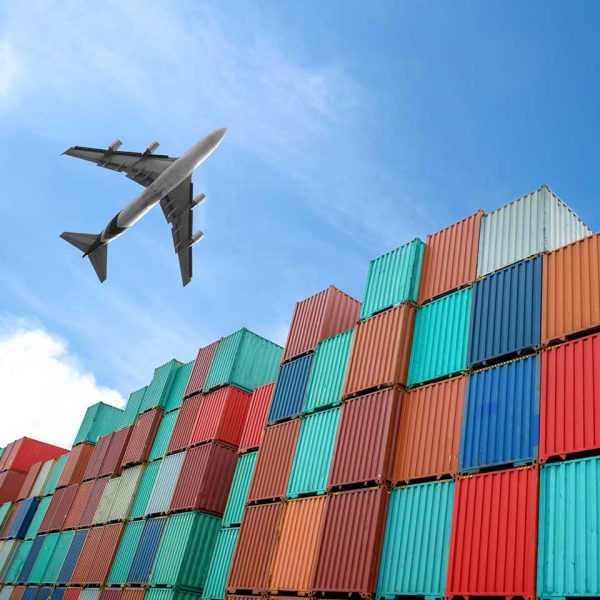Project logistics is a specialized field within supply chain management focused on coordinating and managing complex transportation and logistics needs for large-scale projects. These projects often involve intricate supply chains, high-value equipment, and tight deadlines. Whether it’s for construction, infrastructure development, or major events, project logistics plays a critical role in ensuring that everything runs smoothly from start to finish. Here’s an in-depth look at what project logistics entails, its challenges, and strategies for going the distance with precision and efficiency.
What is Project Logistics?
Project logistics refers to the comprehensive planning, management, and execution of logistics operations for large and complex projects. It involves coordinating the movement, storage, and handling of materials, equipment, and resources required to complete a project. Unlike standard logistics, project logistics deals with unique challenges and complexities, often requiring tailored solutions to meet specific project needs.
Key Components of Project Logistics
- Detailed Planning and Coordination: Project logistics requires meticulous planning to ensure that every aspect of the supply chain aligns with project requirements. This includes scheduling, route planning, and coordination between multiple stakeholders such as suppliers, contractors, and transport providers.
- Customized Solutions: Each project has unique needs and constraints. Project logistics often involves creating customized logistics solutions, including specialized transportation methods, custom packaging, and tailored warehousing solutions.
- Risk Management: Managing risks is crucial in project logistics due to the high stakes involved. This includes identifying potential risks such as delays, damage, or compliance issues and developing contingency plans to address them.
- Regulatory Compliance: Adhering to regulatory requirements is essential, especially for international projects. This includes compliance with customs regulations, import/export controls, and safety standards.
- Real-Time Tracking and Visibility: Maintaining real-time visibility into the movement and status of goods is critical for effective project management. This involves using tracking technologies and data analytics to monitor progress and address issues promptly.
- Collaboration and Communication: Effective communication and collaboration among all project stakeholders are key to successful project logistics. This includes regular updates, coordination meetings, and clear communication channels to ensure everyone is aligned


Leave a reply